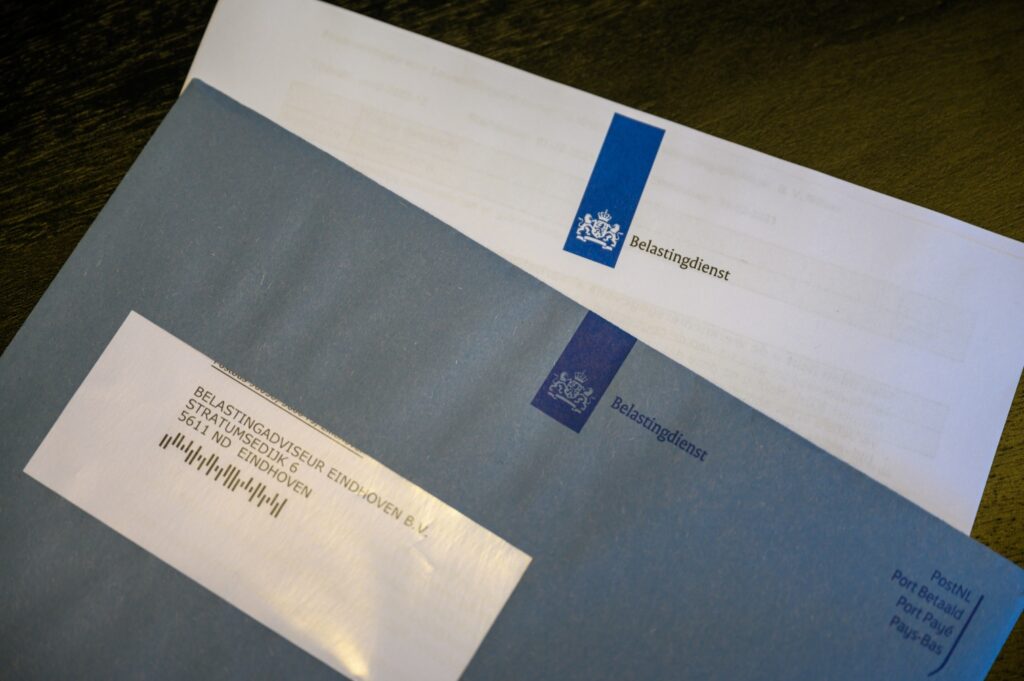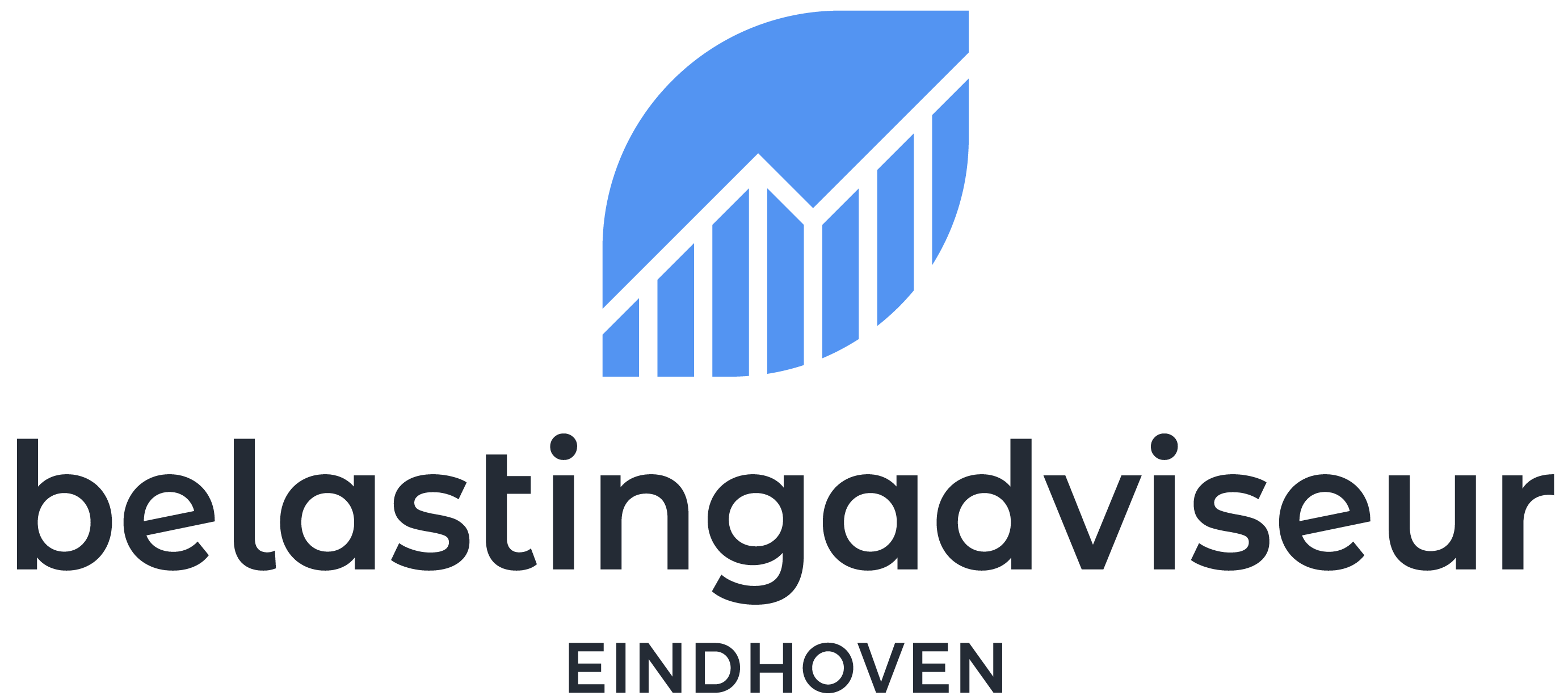False self-employment of freelancers
- Reading time: 3 min
- 13/08/2025
- Ruben van de Vossenberg
Table of contents

As has been known for some time, the rules will be tightened as of 1 January 2025 (DBA Act) with the aim of tackling false self-employment. There was a lot of uncertainty about what exactly qualified as false self-employment, how this would be tackled by the Tax Authorities, what the consequences would be for entrepreneurs, but also how you could protect yourself against it. These uncertainties will be clarified in this blog.
What is false self-employment?
False self-employment occurs when a contractor and a client enter into an agreement with the contractor as a self-employed person. However, in practice, this agreement involves the performance of work by someone in paid employment.
Tightening enforcement of false self-employment (DBA Act)
As indicated above, stricter rules regarding false self-employment will apply from this year onwards. But what does this actually mean?
It has been known for some time that false self-employment must be prevented as much as possible. This is to protect the parties involved, prevent exploitation and provide more certainty in the labour market. However, little has been done about this by the Tax Authorities for a long time. This is due to the applicable enforcement memorandum. Yes, model agreements were available that could prevent false self-employment. But even those were not foolproof, and not much else was done. This meant that there was no enforcement either.
These are also the two areas where you will see the biggest changes. For example, the Tax Authorities will no longer offer model agreements. What's more, these changes will actually be enforced.
Enforcement will not happen overnight. The capacity of the Tax Authorities has not changed. Therefore, there will not suddenly be more checks than there were before. However, during a check, the inspecting official may also consider false self-employment. The applicable enforcement memorandum regarding false self-employment has been abolished for this purpose. From this year onwards, therefore, false self-employment can be fully enforced. This means that companies and organisations that hire freelancers for work that they do not carry out independently may again be subject to fines and additional tax assessments.
A transitional period will apply for a period of one year, i.e. throughout 2025. During this period, employers and workers will not be subject to administrative fines if they can demonstrate that steps have been or are being taken to combat false self-employment.
Do you want to start today?
In practice
In practice, full enforcement means that the Tax Authorities may impose additional tax assessments and fines in the event of false self-employment. An official may impose additional tax assessments for up to five years retroactively. Please note that the Tax Authorities can only make retroactive corrections back to 1 January, when the enforcement memorandum was repealed.
How can you protect yourself from this?
It is important for both the freelancer and the contractor to know how to prevent such false constructions. These are often created through creative structures or intermediaries. However, this does not always offer a solution.
The Tax Authority assesses whether false self-employment is involved on the basis of nine points. These are as follows:
- Authority relationship
If there is a relationship of authority, i.e. direction and/or management, this may constitute false self-employment.
- How do you do your work?
Are you in charge of how you do your work, and is it mainly the result that matters? Or are there step-by-step instructions, for example?
- Multiple clients
This is a well-known principle. For several years now, we have been working on the basis of three or more clients. Having multiple clients is always an advantage for independence.
- Entrepreneurial risk
What are your risks? Do you have a steady income, do you need to make business investments, are you responsible for your own mistakes and losses? These are clear pillars of self-employment.
- Investments
Do you invest in your business? This includes material assets, but also having a website and business-oriented communication tools (email, phone number, social media, advertising).
- Promotion and acquisition
As mentioned above, actively and visibly finding new assignments is an important task for a self-employed person.
- Working hours and location
Do you decide not only how you do your work, but also where and when? Do you have the freedom to decide, or does the client determine that?
- Result
Is there a result or commitment obligation? In other words, are you paid for what you deliver or for the hours you work?
- Agreements
What are the agreed terms? Clear agreements are not only important between the freelancer and the contractor. They can also help prevent many misunderstandings with the Tax Authority.
All nine points must be assessed. None is more decisive than another. Furthermore, there are no right or wrong answers within the various points.
During an inspection, an official will have to assess all nine criteria and make a judgement based on this. The outcome of this also depends greatly on the sector and expertise.
If you would like more clarity about your own situation, one of our advisors will be happy to discuss this with you. Please contact us.
Do you want advice today?
- In 99% of the cases our advice leads to considerable tax benefits.
- Transparent about our costs and working method.
- Quickly and easily arranged. You provide the requested documents, we do the rest!

In dit artikel vertellen we alles over de aangescherpte regels rondom schijnzelfstandigheid bij ZZP’ers die per 1 januari 2025 zijn ingegaan.

As a sole proprietor in the Netherlands, there are several tax benefits you can make smart use of. You can read more about them in this article.

An audit by the Tax Authorities is something that can happen. However, it does not have to be a stressful experience. In this article, we explain how an audit works and what your rights and obligations are.


